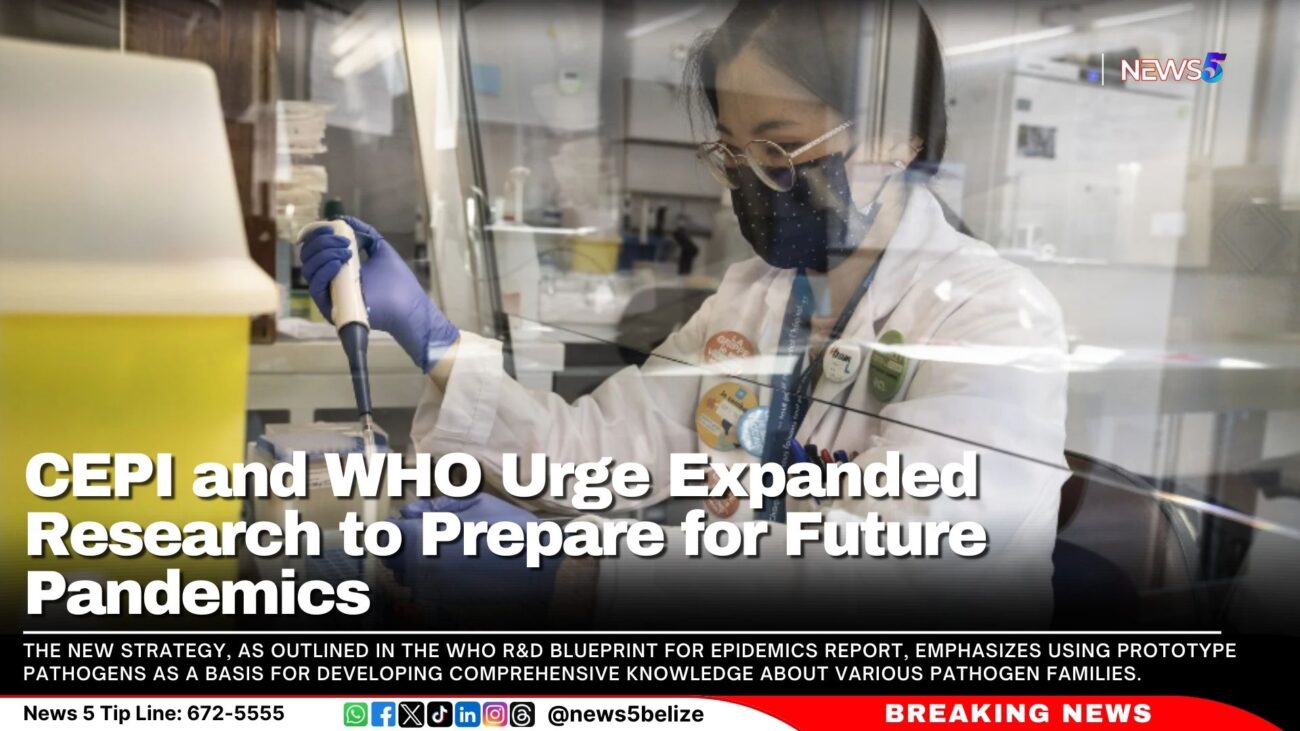CEPI and WHO Urge Expanded Research to Prepare for Future Pandemics
In a major call to action, the Coalition for Epidemic Preparedness Innovations (CEPI) and the World Health Organization (WHO) have urged global researchers and governments to broaden their research strategies in preparation of a possible next pandemic. The organizations, addressing the Global Pandemic Preparedness Summit 2024 in Rio de Janeiro, Brazil, highlighted the need for a more inclusive research approach that not only targets individual high-risk pathogens but also explores entire families of pathogens that could potentially infect humans.
The new strategy, as outlined in the WHO R&D Blueprint for Epidemics report, emphasizes using prototype pathogens as a basis for developing comprehensive knowledge about various pathogen families. This approach aims to enhance global preparedness by creating broadly applicable tools and countermeasures that can be swiftly adapted to emerging threats. The report also stresses the importance of improving surveillance and research to better understand pathogen transmission, human infection mechanisms, and immune responses.

Dr. Richard Hatchett, CEO of CEPI, emphasized the significance of this updated framework saying, ““WHO’s scientific framework for epidemic and pandemic research preparedness is a vital shift in how the world approaches countermeasure development, and one that is strongly supported by CEPI. As presented at the Global Pandemic Preparedness Summit 2024 in Rio de Janeiro, Brazil, this framework will help steer and coordinate research into entire pathogen families, a strategy that aims to bolster the world’s ability to swiftly respond to unforeseen variants, emerging pathogens, zoonotic spillover, and unknown threats referred to as pathogen X.”
Dr. Tedros Adhanom Ghebreyesus, WHO Director-General, emphasized the need for a united global effort, stating, “History teaches us that the next pandemic is a matter of when, not if. It also teaches us the importance of science and political resolve in blunting its impact.” He called for increased scientific and political resolve to tackle the impending threat, advocating for the establishment of Collaborative Open Research Consortiums (CORCs) to facilitate global research collaboration. These CORCs will focus on each pathogen family and involve researchers, developers, and funders worldwide, particularly from regions where these pathogens are likely to emerge.







Facebook Comments